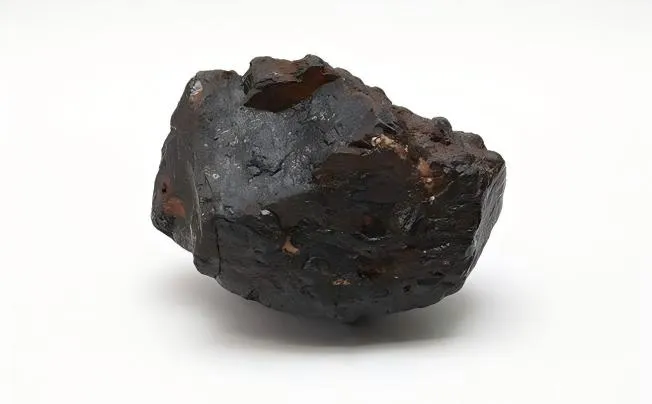Petroleum coke, often called petcoke, is a carbonaceous solid derived from oil refinery processes. It is a residue left after the distillation of crude oil and serves various industrial purposes due to its high carbon content and calorific value. Petcoke exists in different forms: shot coke (very fine particles), sponge coke (porous solid), and needle coke (highly crystalline structure).
Global Demand Trends
Current Global Consumption Statistics
The demand for petroleum coke is substantial and continues to grow worldwide. As of the latest statistics, global consumption exceeds millions of metric tons annually. Key consuming regions include the Asia-Pacific, North America, and Europe, with significant variations in consumption patterns influenced by regional industrial activities and energy needs.
Factors Driving Demand Growth
Several factors drive the increasing demand for petroleum coke on a global scale:
- Industrialization and Urbanization Trends: as developing nations industrialize and urbanize, the demand for infrastructure and energy-intensive materials rises, thereby boosting the need for petcoke in construction and manufacturing.
- Energy Intensive Industries: industries such as steel, cement, and power generation rely heavily on petcoke due to its high calorific value and cost-effectiveness compared to alternative fuels like coal and natural gas.
Industrial Applications of Petroleum Coke
- Steel Industry
Petroleum coke is an essential raw material and fuel in the steel industry. It is used in blast furnaces as a reducing agent and to generate the necessary heat for smelting iron ore. With global steel production projected to increase steadily, the demand for petcoke in this sector is expected to parallel this growth.
- 2. Cement Industry
Petroleum coke is found to be an application in the cement industry as both a fuel and a source of carbon. It is used in kilns to supplement traditional fuels and as a raw material to enhance the linearization process. The environmental considerations of using petcoke in cement manufacturing are increasingly scrutinized, influencing industry practices and regulations.
- Power Generation
Power plants utilize petroleum coke due to its high energy content and relative abundance. It is often preferred over coal and natural gas in certain regions due to economic and operational advantages. The comparative analysis of petcoke against other fuels underscores its role in ensuring energy security and operational efficiency.
Environmental and Regulatory Factors
Environmental Impact of Petcoke Usage
The usage of petroleum coke raises concerns regarding carbon emissions and local air quality. Its combustion releases greenhouse gases and particulate matter, necessitating stringent regulatory policies and emission standards to mitigate environmental impacts.
Technological Innovations and Mitigation Efforts
Advancements in combustion technology and the adoption of carbon capture and storage initiatives are crucial in mitigating the environmental footprint of petcoke usage. These innovations represent significant strides towards sustainable industrial practices and regulatory compliance.
Market Dynamics and Key Players
Global Production Capacities
The leading producers and exporters of petroleum coke dominate the global market landscape, contributing to supply stability and market dynamics. Understanding production capacities is essential in predicting market trends and addressing geopolitical influences.
Market Dynamics and Price Trends
The petcoke market experiences volatility influenced by factors such as geopolitical tensions, energy policies, and global economic conditions. Price trends reflect supply-demand dynamics and market influences, impacting industry strategies and operational costs.
Future Outlook and Emerging Trends
Projected Demand Growth: Fueling Tomorrow’s Industries
The forecasted consumption trends indicate robust growth in the demand for petroleum coke, driven by expanding industrial activities and energy requirements. Emerging economies and technological advancements are pivotal in shaping future consumption patterns.
Emerging Applications and Alternative Uses: Redefining Possibilities
Ongoing research and development initiatives explore alternative uses and applications of petroleum coke beyond traditional sectors. Innovations in petcoke utilization promise to diversify its industrial footprint and contribute to sustainable energy solutions.







